On the 3rd of March, I arrived in Cairo; I did not have expectations. Cairo is organized chaos, with constant dust and noise. I did not have expectations at all, but now, back home, I swear that chaotic Cairo can consume one’s energy; it finished mine. Surrounded by uninterrupted hectic and the inner thought that time was running out and that my role was to discover, I kept doing without even knowing what I was doing. In chaotic Cairo, you cannot plan because none does it; I learned to improvise, adapt myself to the needs of others, move around the city, build trust with unknown people in just a few minutes, and walk alone, always concerned about my body language. Although I was not, I needed to present myself as being confident, not to make eye contact with anyone as in the middle of the chaos, eye contact is taken as an invitation. I learned to research the city's organized chaos, and now, back home, I am proud of myself. I perceive my discoveries as meaningful ones, and my journey made me realize that maybe resiliency is a skill that I did not even know I had. I conducted more than 30 in-depth interviews, reached the status quo organizations in Cairo, and was persistent and ambitious. Although my perfectionism brought me to experience some mental breakdowns and left me without energy at the end of the journey, I feel it was for a good cause. Once someone said work for a cause and not for applause, there was a purpose behind my research journey in Cairo. Apart from the in-depth interviews with the UNHCR, NGOs, community school principals, and teachers, I conducted ethnographic research; I became part of the research, I made it mine, and here is where everything started.
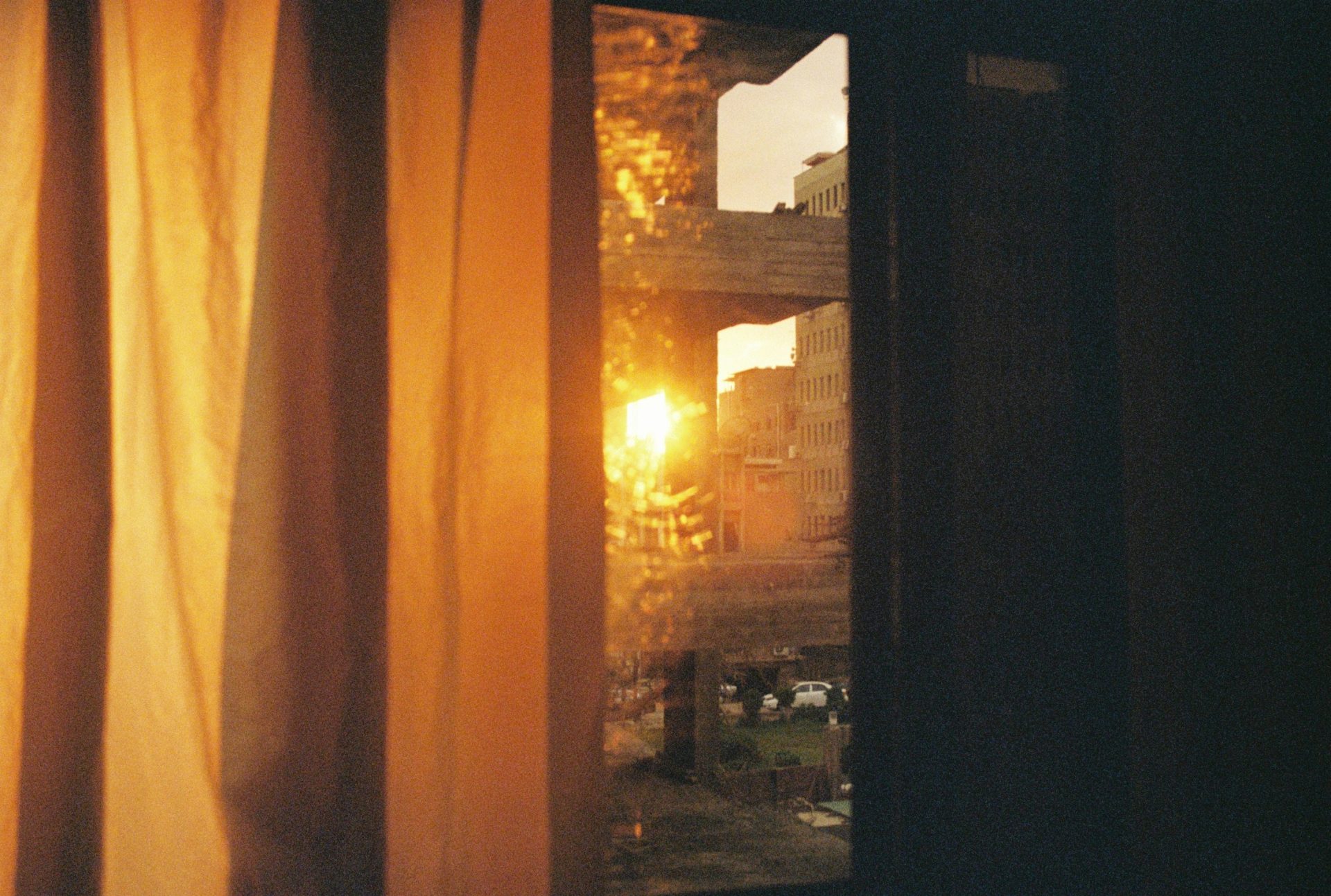
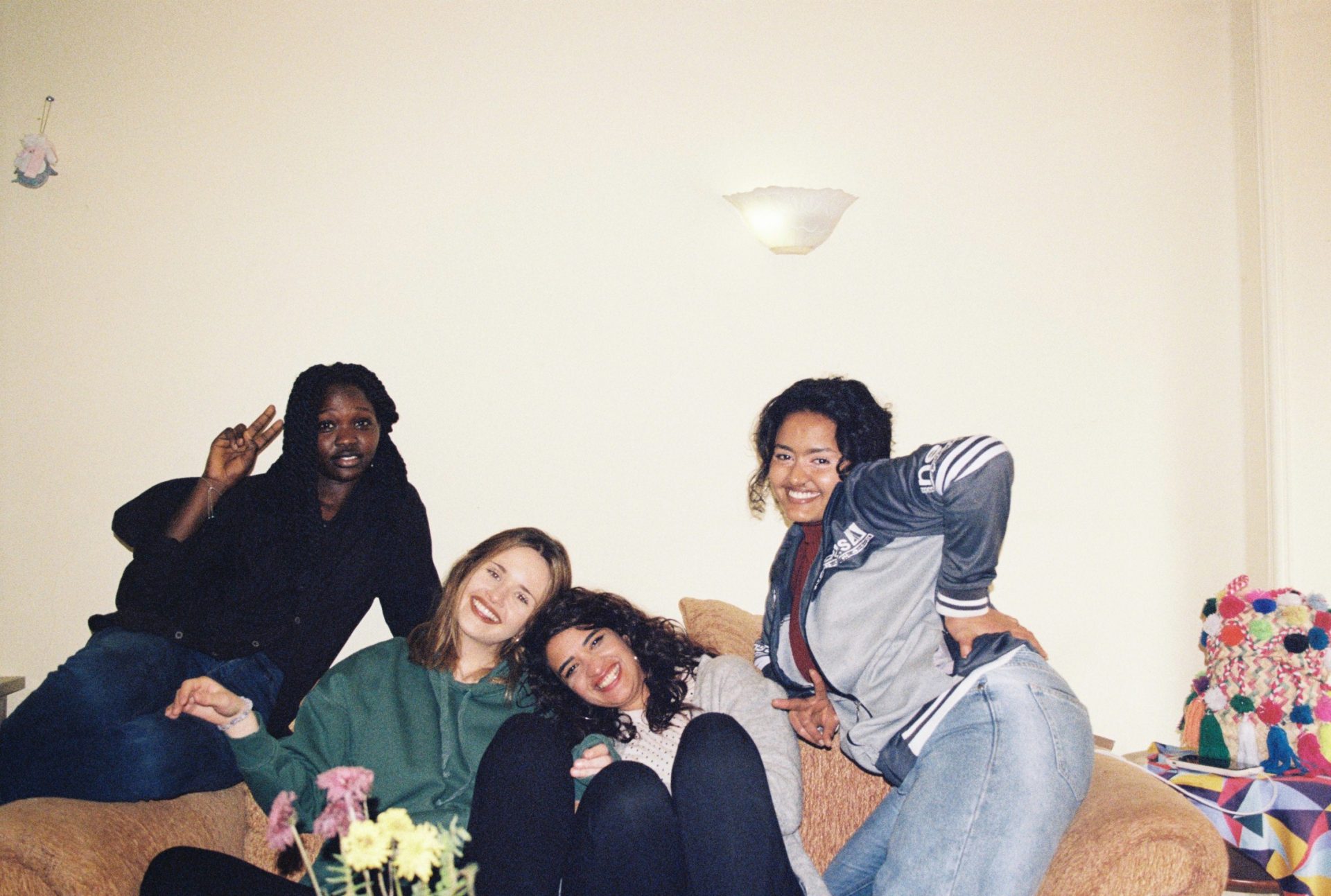
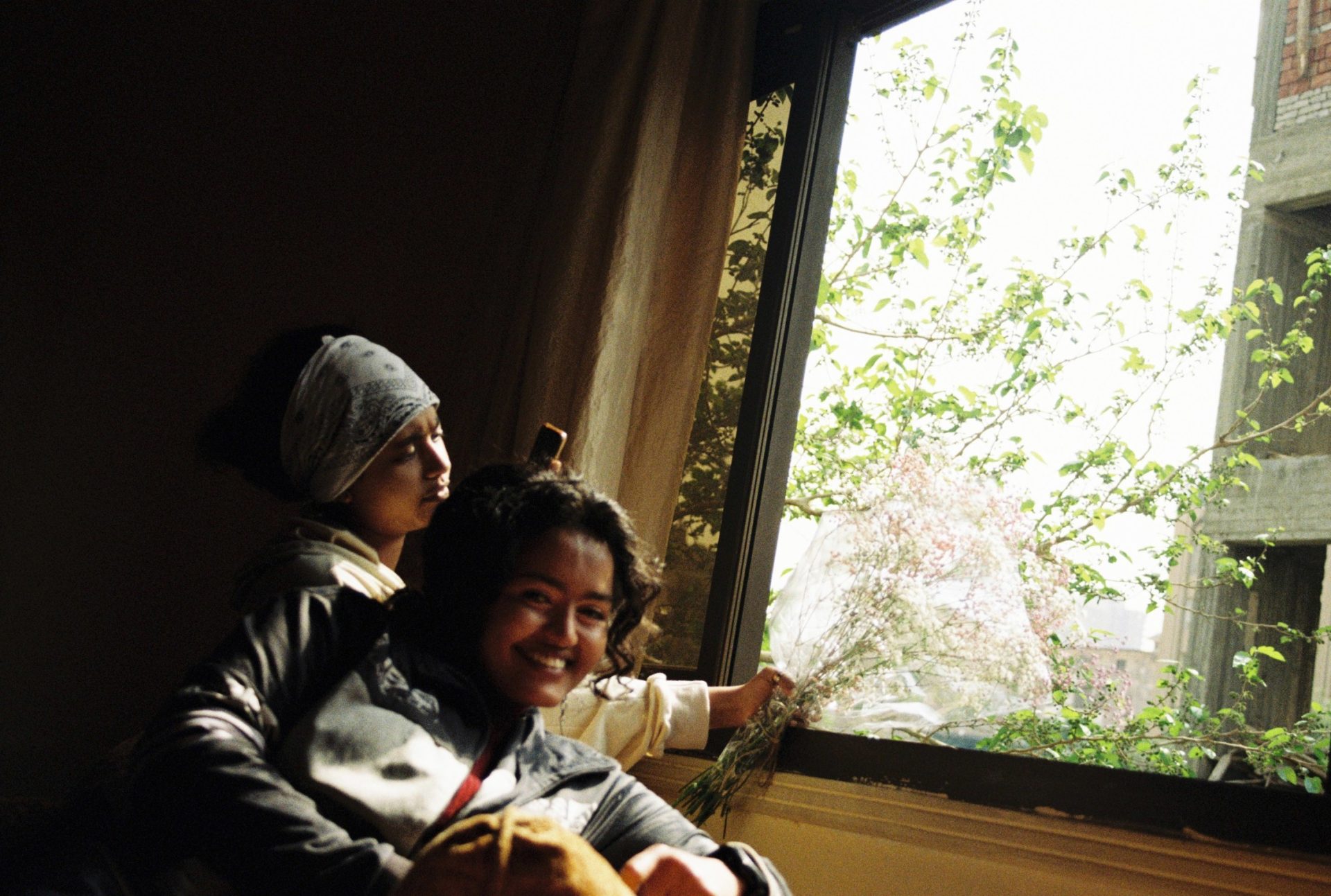
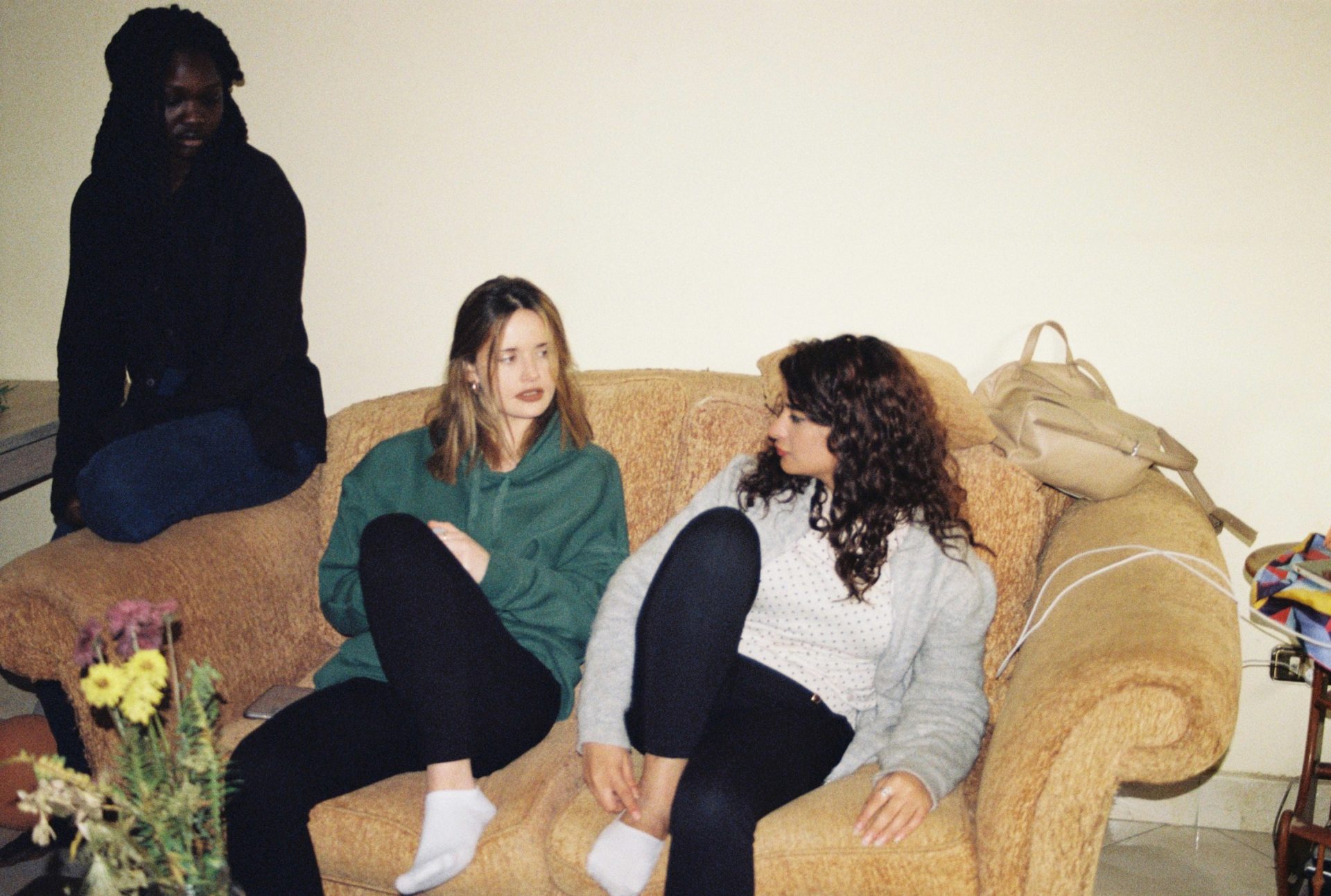
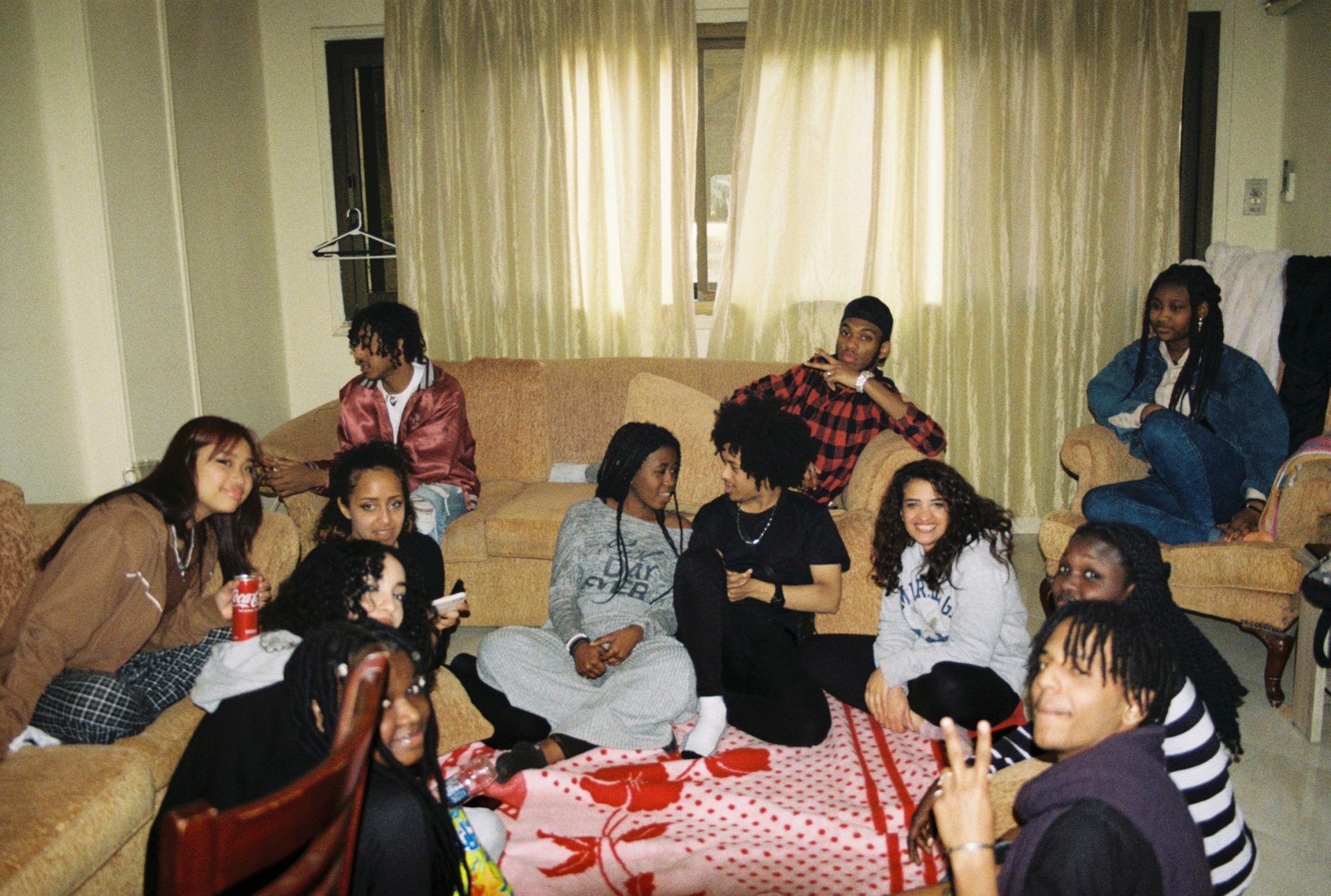
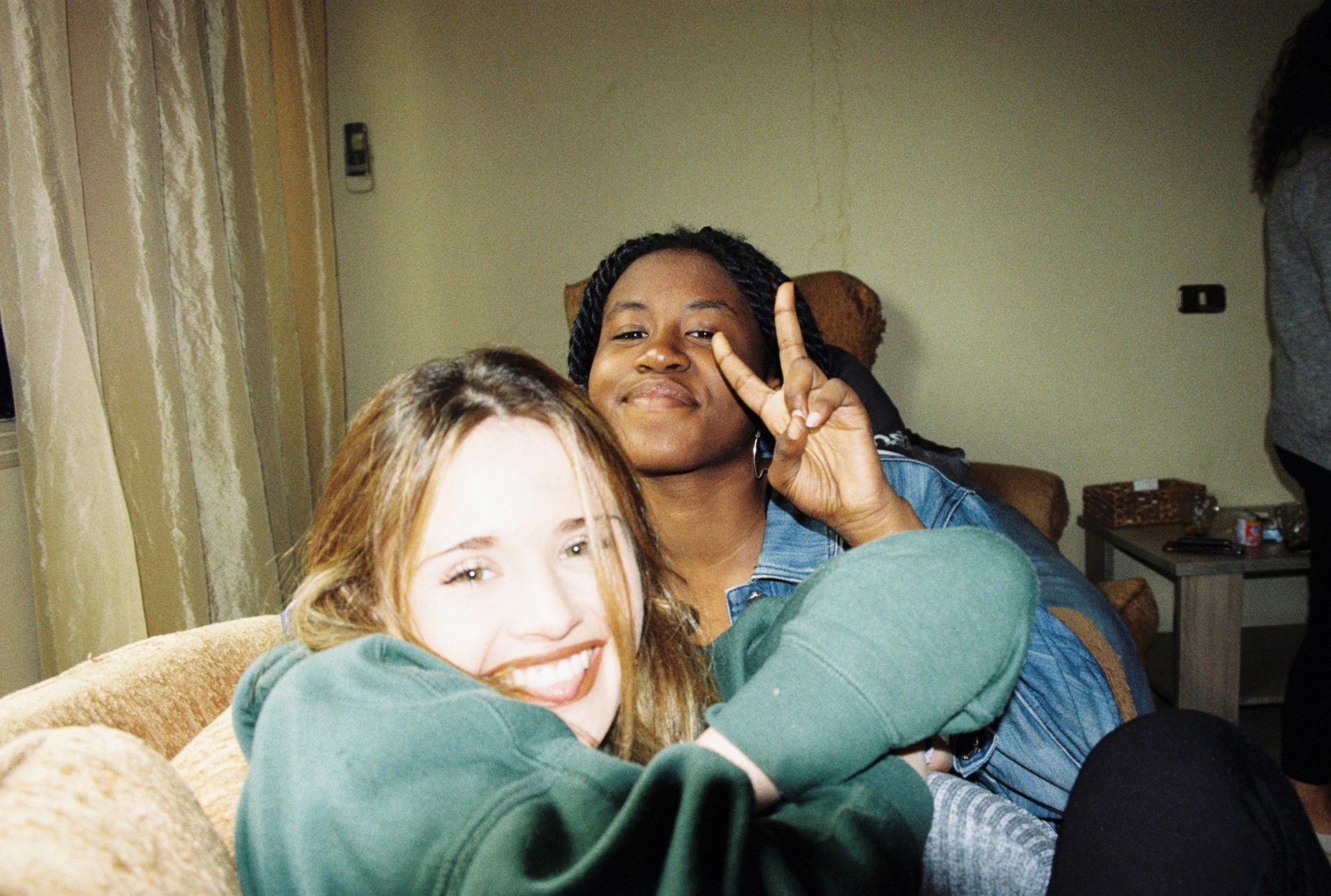
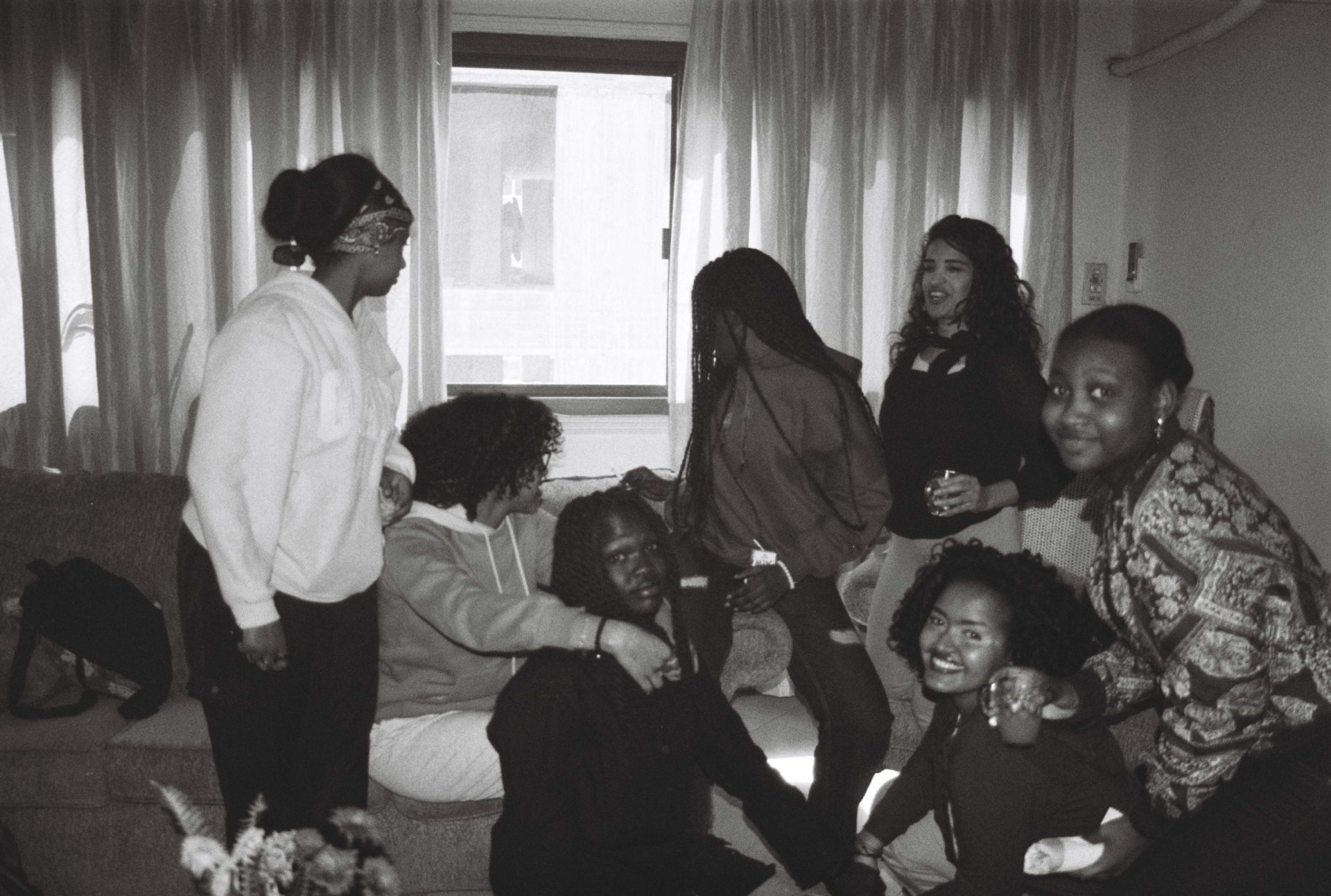
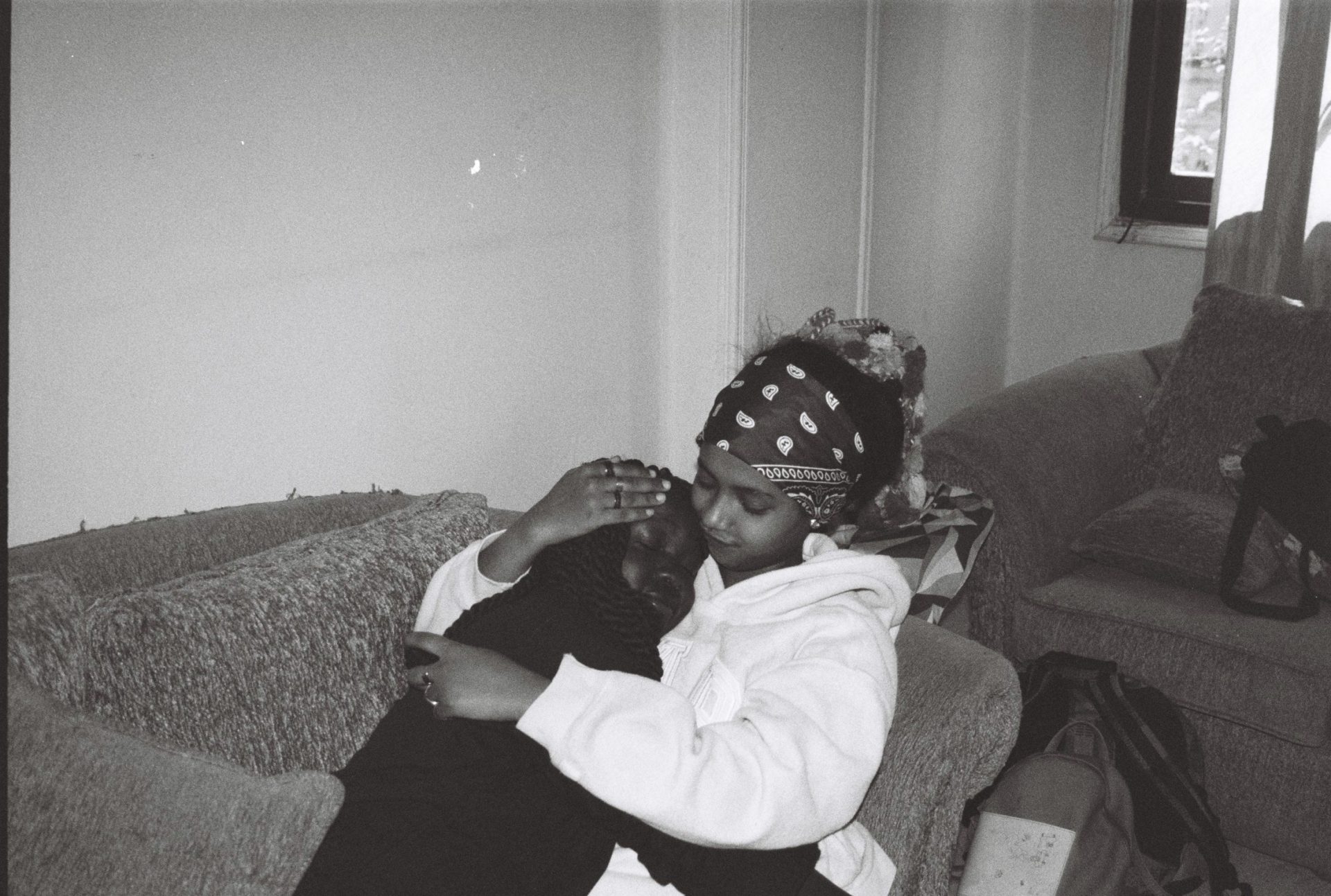
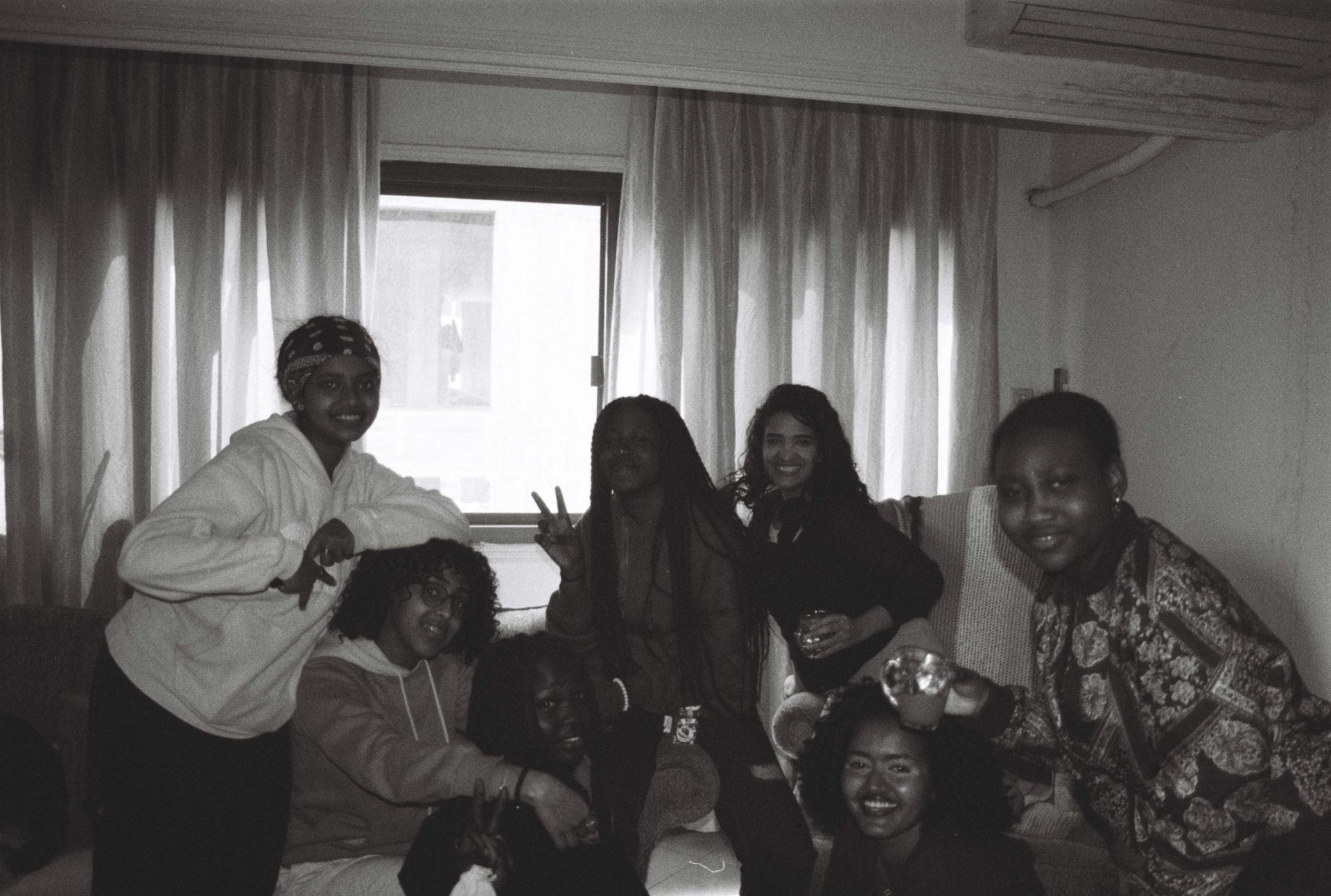
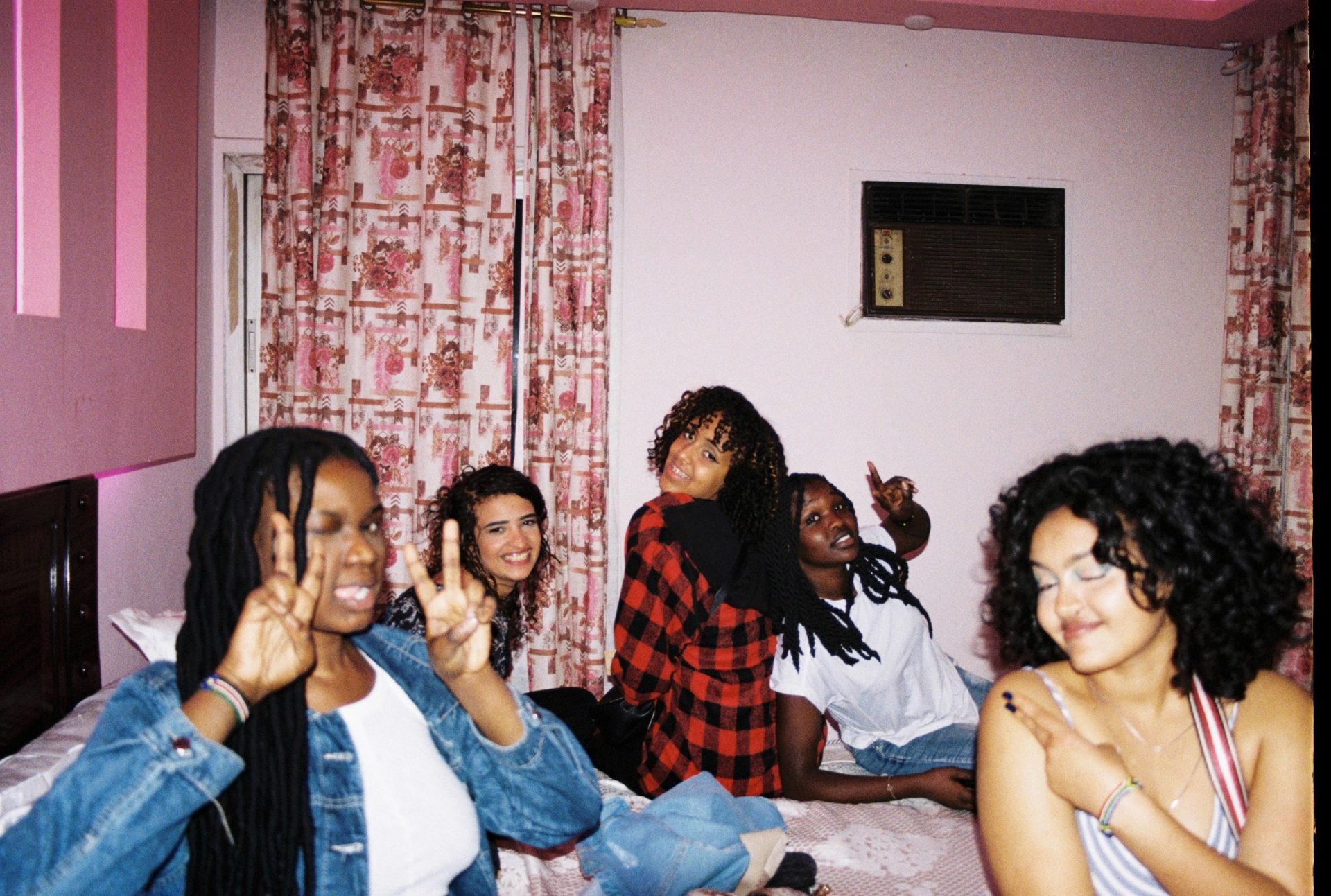
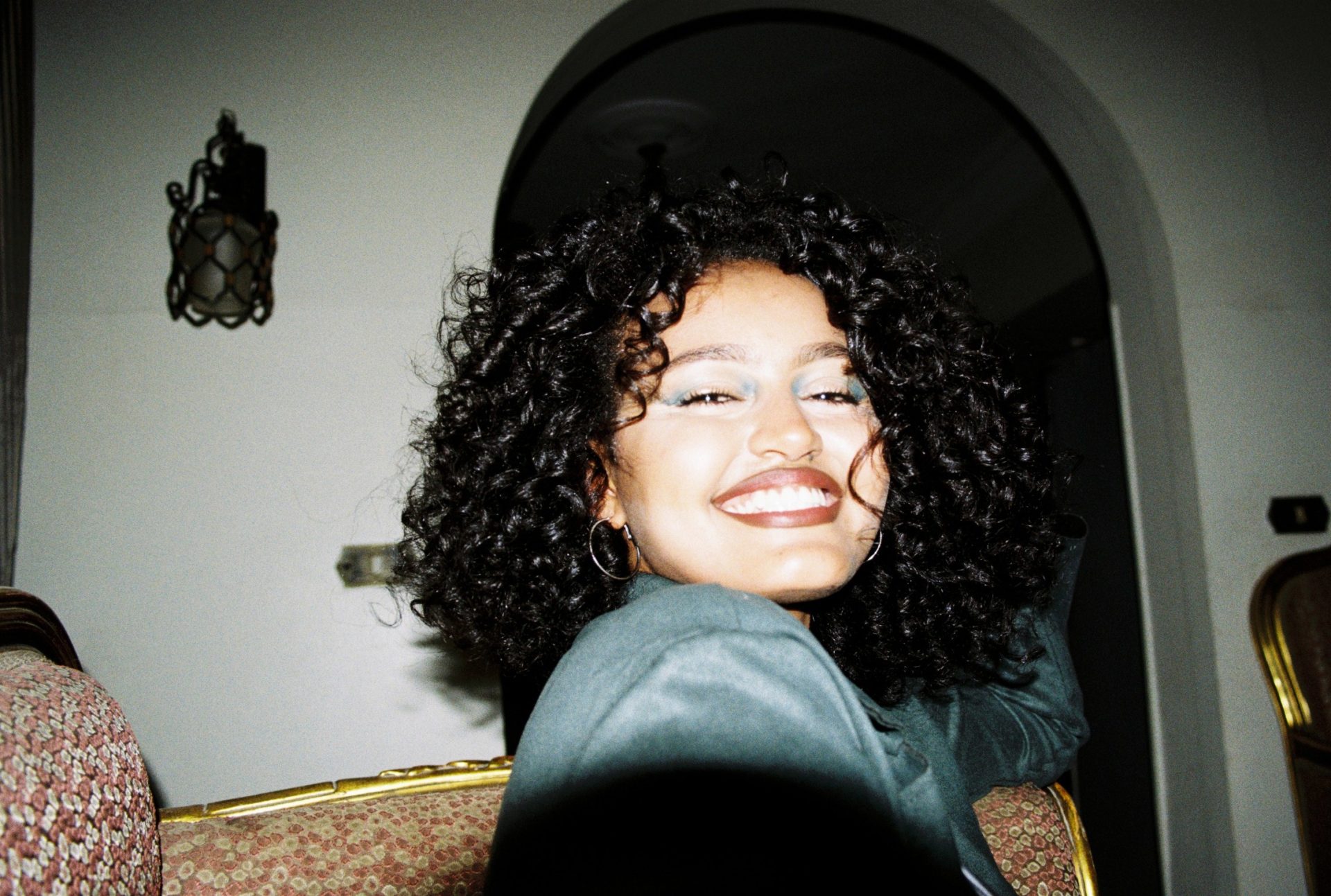
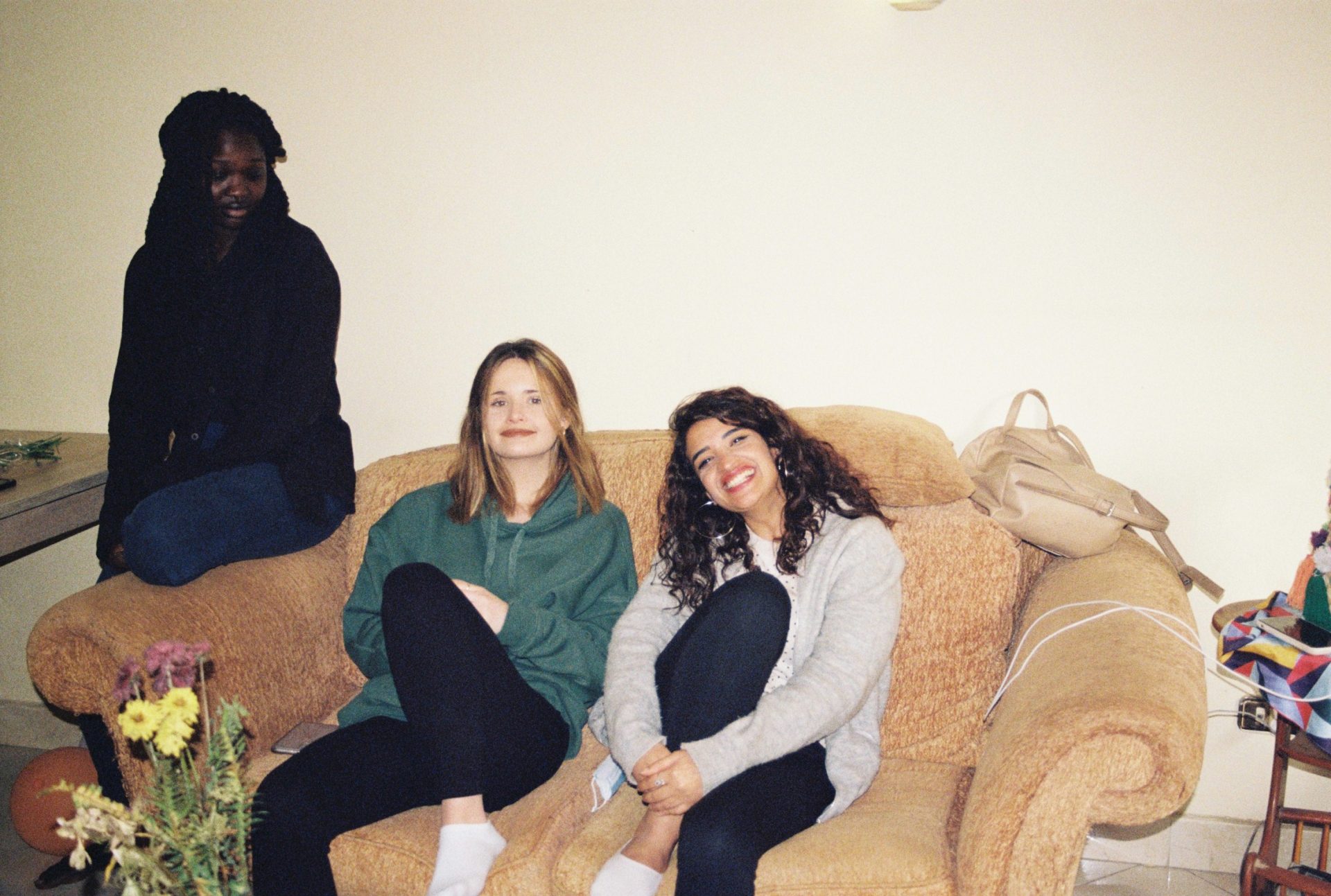
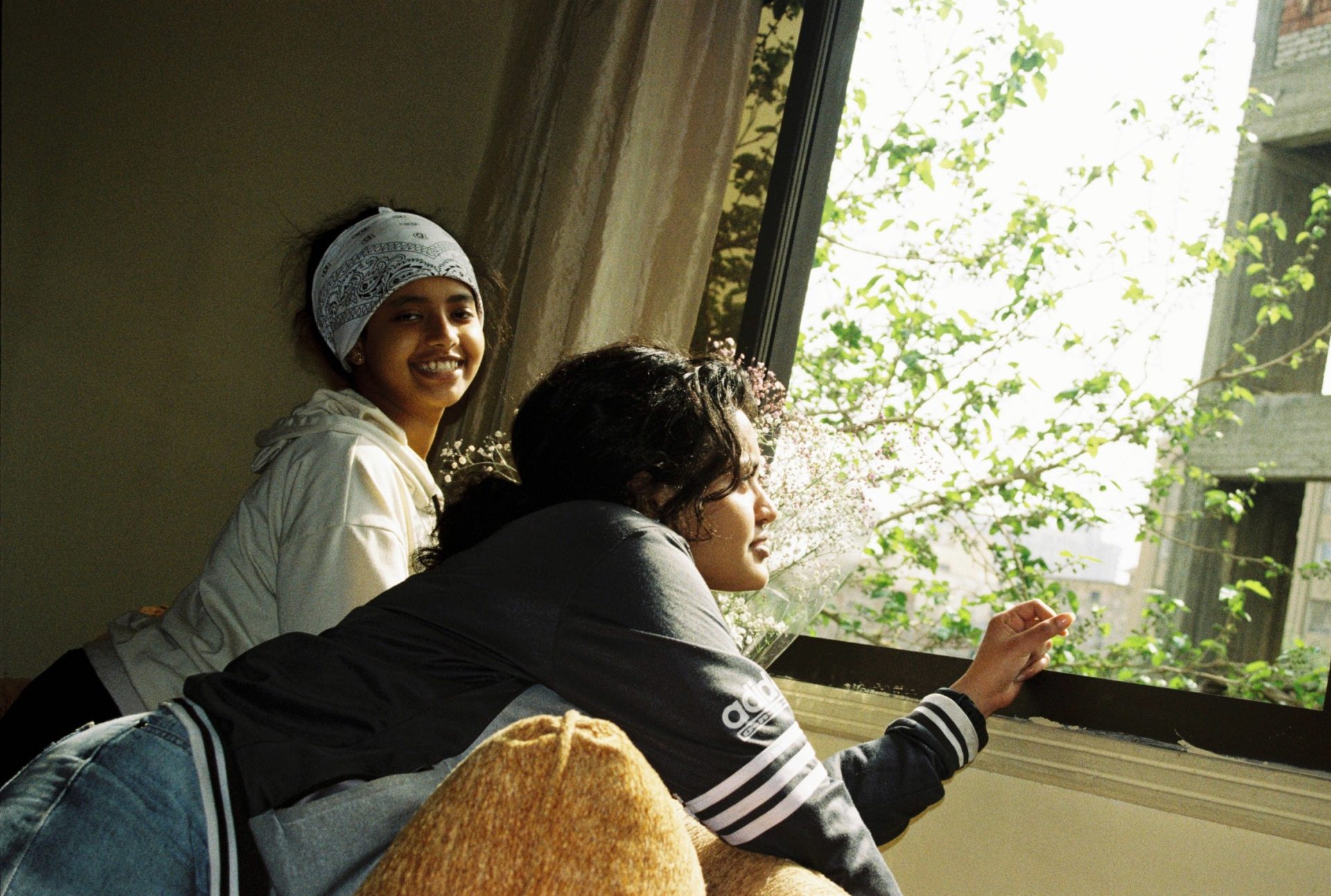
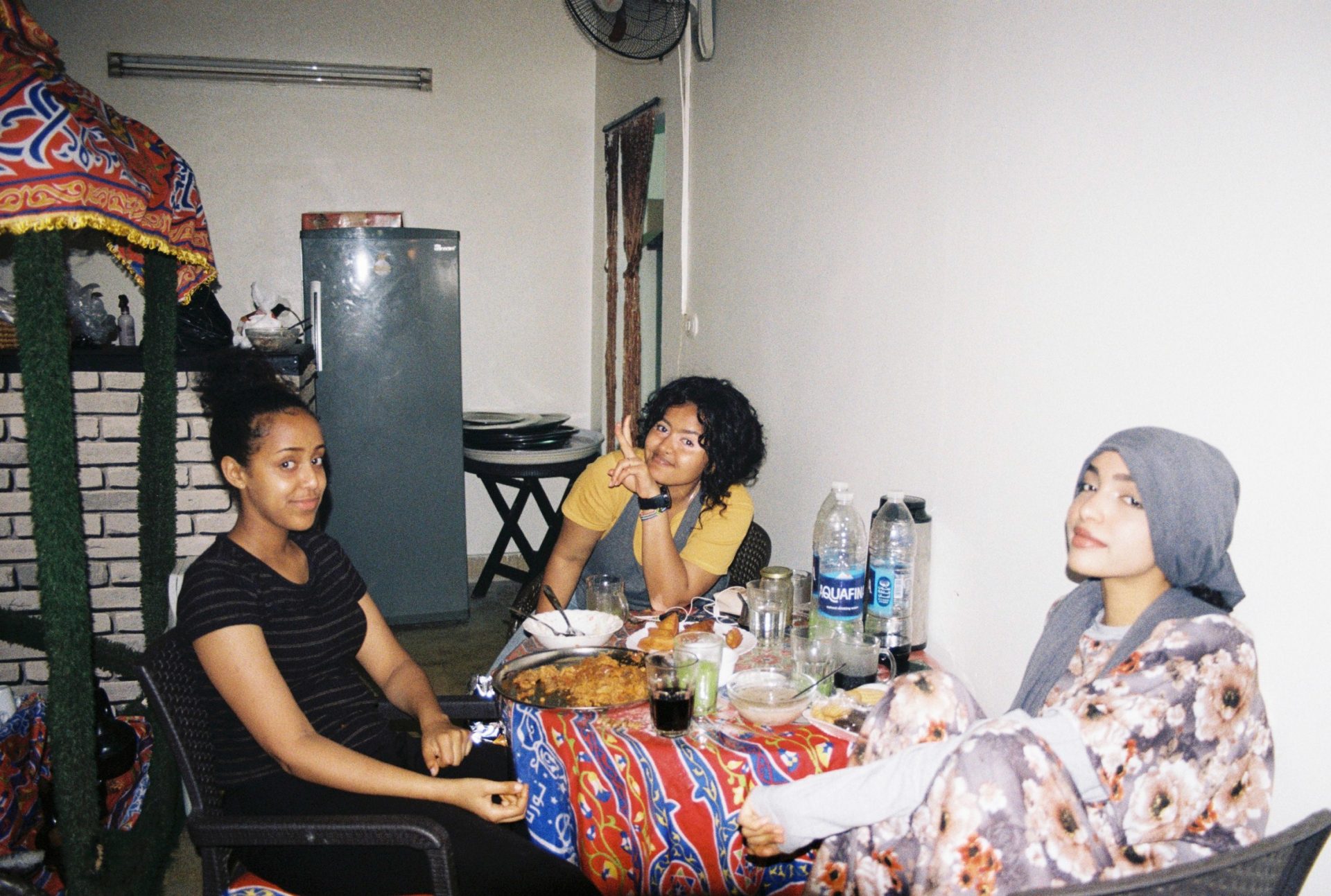
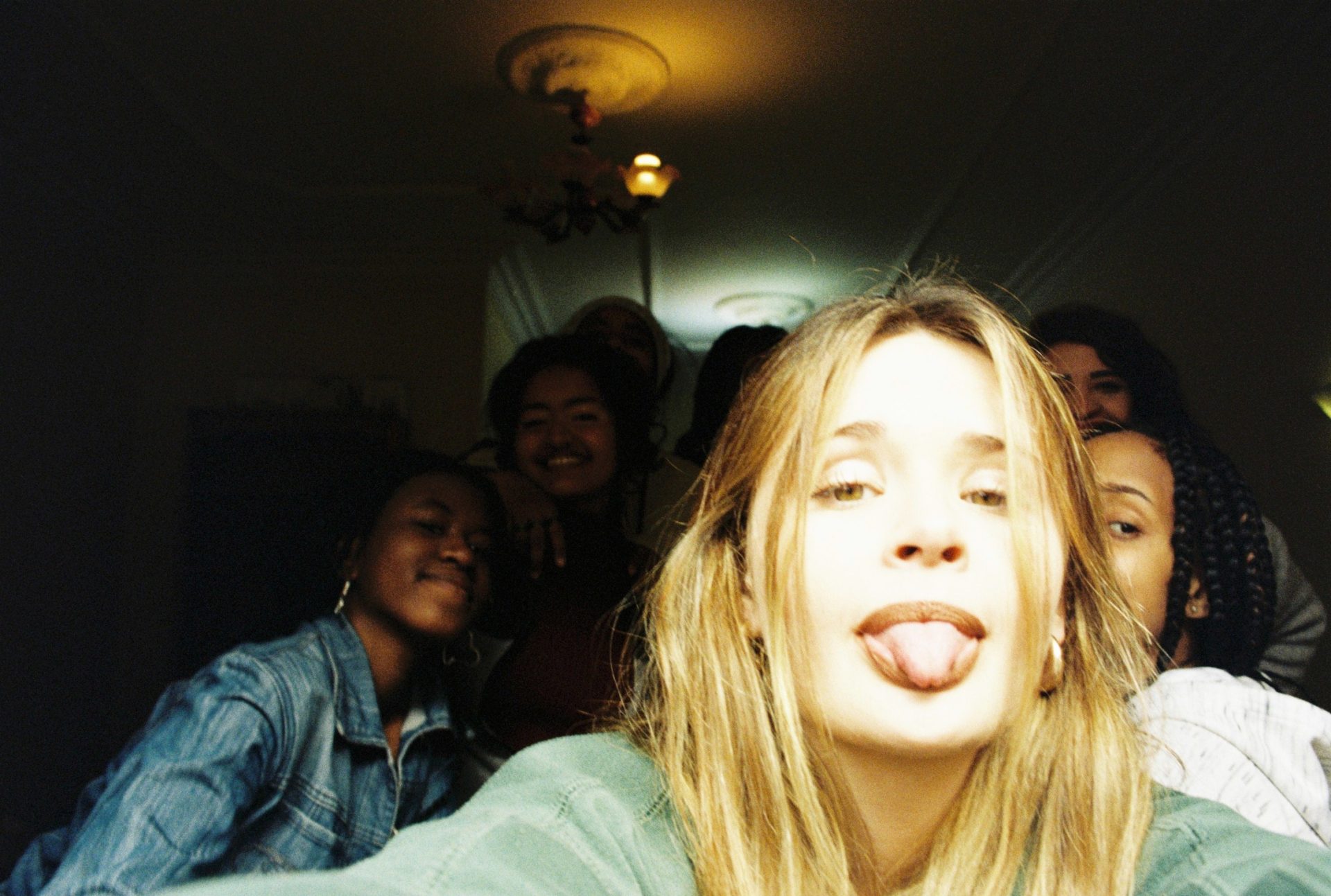
On the 28th of April, I returned to the Netherlands, and reflexivity became my daily routine. I tried to take perspective and observe myself in my journey of discoveries in Cairo. Reflexivity is transformative, but for me, it came with a struggle. I saw myself in Cairo, promising my friends that I would come back, try to help them, and be by their side. Now, I see myself back in the Netherlands; I feel bad, I will not return to the chaotic and dusty Cairo, and I do not know if there is anything I can do for them. The girls dream big, but at the same time, they feel that they are wasting their time. They are in their twenties and still in high school.
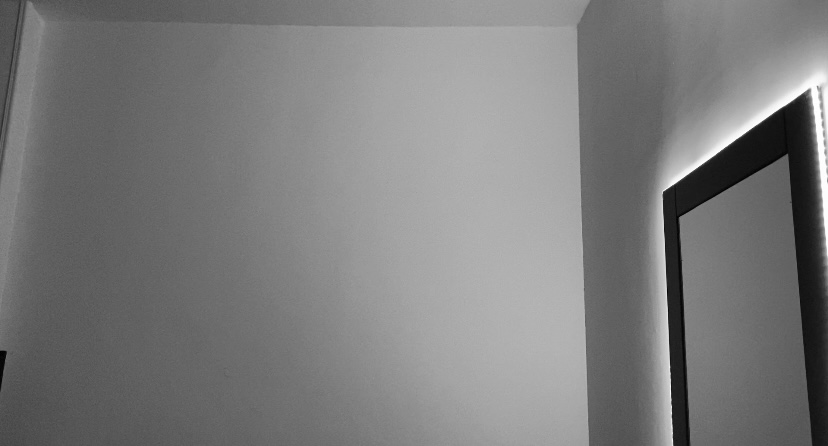
I am holding on to my discoveries. Holding on to my findings makes me feel a little bit better. I told myself that my purpose would be to expose the exhausting social context that those young refugee females are constantly navigating to reach their academic and professional dreams. What motivates me is to demonstrate that despite the enormous challenges and educational barriers they encounter in their journey, those girls are fighters; they are intelligent, brave, and unique human beings.


